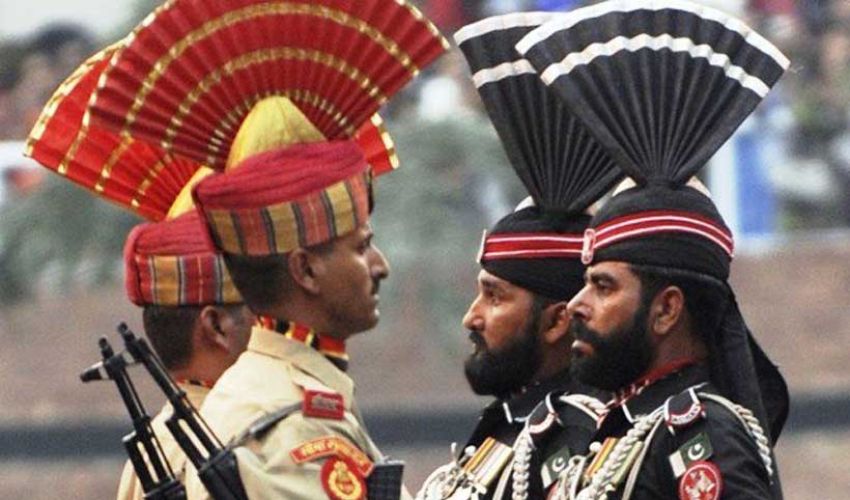Over 250,000 Kashmiris have been lost since 1947, with over 96,000 Kashmiris martyred since 1989, according to the Kashmir Media Service.
The toll included 23,000 widowed women and over 100,000 orphaned children. Tragic events, such as the mass martyrdoms in Handwara, Tanjpura, Zakora (1990), Sopur, Lal Chowk, Biji Behara (1993), and Kupwara (1994), have left a lasting impact on the region.
Indian army's actions have been marked by widespread human rights violations, including the rape of over 11 thousand women and the extrajudicial killing of more than 7,000 individuals.
Notable incidents, such as the Sopore tragedy on January 6, 1993, where 43 Kashmiris lost their lives and numerous properties were destroyed, as well as the Kupwara incident on January 27, 1994, with 27 martyred, serve as painful reminders of the ongoing turmoil.
The aftermath of Burhan Wani's martyrdom on July 6, 2016, saw over 200 people lose their lives during protests. The region, now resembling a cantonment with a million-strong army presence, continues to be a focal point for international human rights concerns. Amnesty International and Human Rights Watch have repeatedly condemned the massacre of Kashmiris, and on August 15, 2019, Genocide Watch issued an alert on the ongoing crisis.
The situation underscores India's persistent efforts to quell the freedom movement through the alleged genocide of Kashmiris.
Mass graves in Occupied Kashmir
Reports of mass graves in Occupied Kashmir have raised grave concerns, with human rights activists and organizations shedding light on the alarming situation. In 2012, Angana Chatterjee identified 2,700 mass graves in Bandipora, Baramulla, and Kotura districts, revealing a disturbing reality in the region.
Within these graves, 2,943 bodies were discovered in 55 villages, leaving 80% of them unidentified, adding a layer of mystery to the already troubling situation. The Association of Parent Displaced Persons has reported 800 Kashmiris missing since 1989, underscoring the magnitude of the issue.
Despite these shocking revelations, the Indian government has been accused of evading responsibility, with Human Rights Watch calling for the establishment of a commission to investigate the mass graves and unidentified bodies back in 2011. Kashmir Human Rights Watch has independently traced mass graves containing 2,730 bodies across four districts.
The Indian government's reluctance to address these allegations is evident, as highlighted in a Human Rights Watch report from September 2006. The international community has also weighed in on the matter, with the European Parliament passing a resolution in July 2008, urging an independent and impartial investigation by the Indian government into the mass graves.
Adding another layer of concern, India has banned the United Nations special representative from investigating torture since 1993, raising questions about transparency and accountability in the face of such serious human rights violations. The revelations surrounding mass graves in Occupied Kashmir demand urgent attention and action to ensure justice and accountability for the affected families.



























